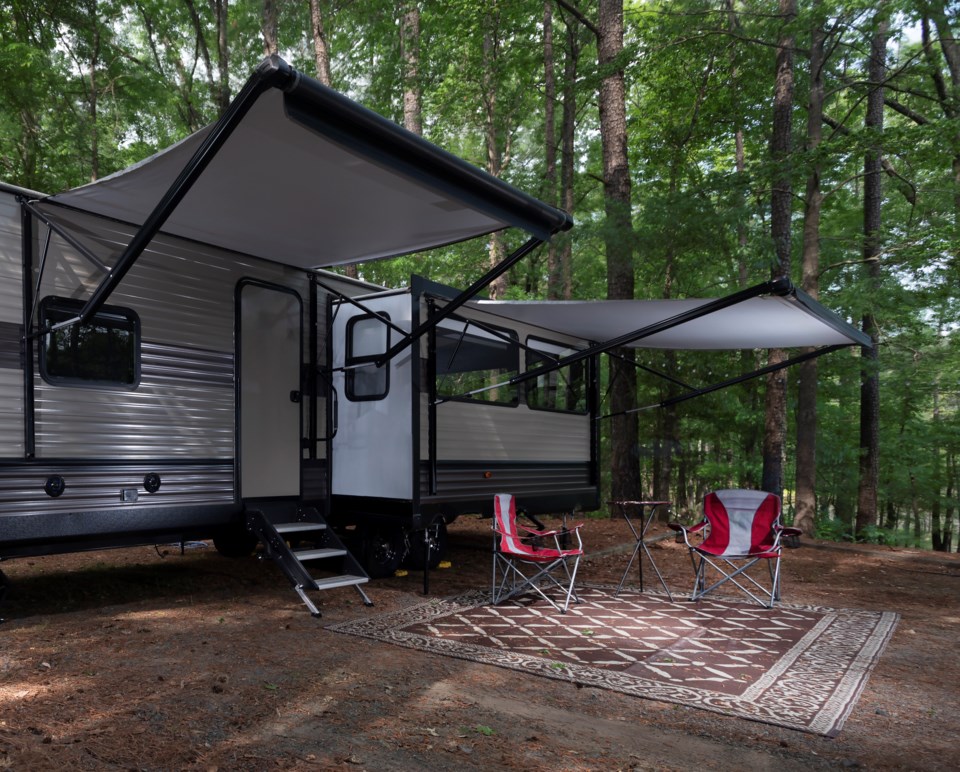THUNDER BAY — The Ministry of Natural Resources and Forestry is providing some clarification about its recent proposal to make changes to Crown land camping rules.
There's been some confusion over the intent of the changes, specifically as it relates to the existing 21-day limit on camping on public lands.
Many Northwestern Ontario residents enjoy vacationing in their trailers on lakeside sites, and often return to the same location year after year.
A ministry spokesperson has told TBnewswatch there is no plan to amend the regulation that allows stays of up to 21 consecutive days.
But the ministry is proposing other changes in a notice filed with the Environmental Registry of Ontario.
Amendments to the Public Lands Act would have the following implications:
- clarify that camping on public lands cannot block access to a road, trail, parking lot or boat launch
- stipulate that some areas of public lands would not be available for camping, including lands subject to an agreement authorizing the use of those lands, and lands subject to an authorization under the Aggregate Resources Act (i.e. pits and quarries)
- require non-residents to follow the same conditions and rules (including maximum days in one location) that apply to residents, even if they have a camping permit required by regulation
In a letter last week to stakeholders, the ministry indicated the major amendments it's proposing relate to the use of floating accommodations and camping on bodies of water in a houseboat or other floating structure.
These include:
- reducing the number of days that a party can camp on water over public land (per location, per calendar year) from 21 days to 7 days
- increasing the distance that a party camping on water must move their camping unit to be occupying a different location from 100 metres to one kilometre
- adding a new condition to prohibit camping on water within 300 metres of a developed shoreline, including any waterfront structure, dock, boathouse, altered shoreline or boat launch
The ministry also wants to harmonize the conditions for camping on public lands or water over public lands so that residents and non-residents are required to follow the same conditions.
This means that in Northern Ontario (north of the French and Mattawa Rivers) non-residents would not be allowed to stay in on-land camping locations for longer than 21 days at a time.
Non-residents would continue to require a camping permit.
The ministry has stated these provisions are intended to protect the environmental integrity of each camp site, and to ensure fairness and access.
The ministry is holding online information sessions where ministry staff will present an overview of the proposed amendments and answer questions.
These are scheduled for March 8 and March 20.
Individuals interested in participating are required to register by emailing [email protected] with the subject line "Regulatory Proposal Information Session" and to indicate their preferred session date.
Feedback will also be accepted online until April 11 through the EBR website.
